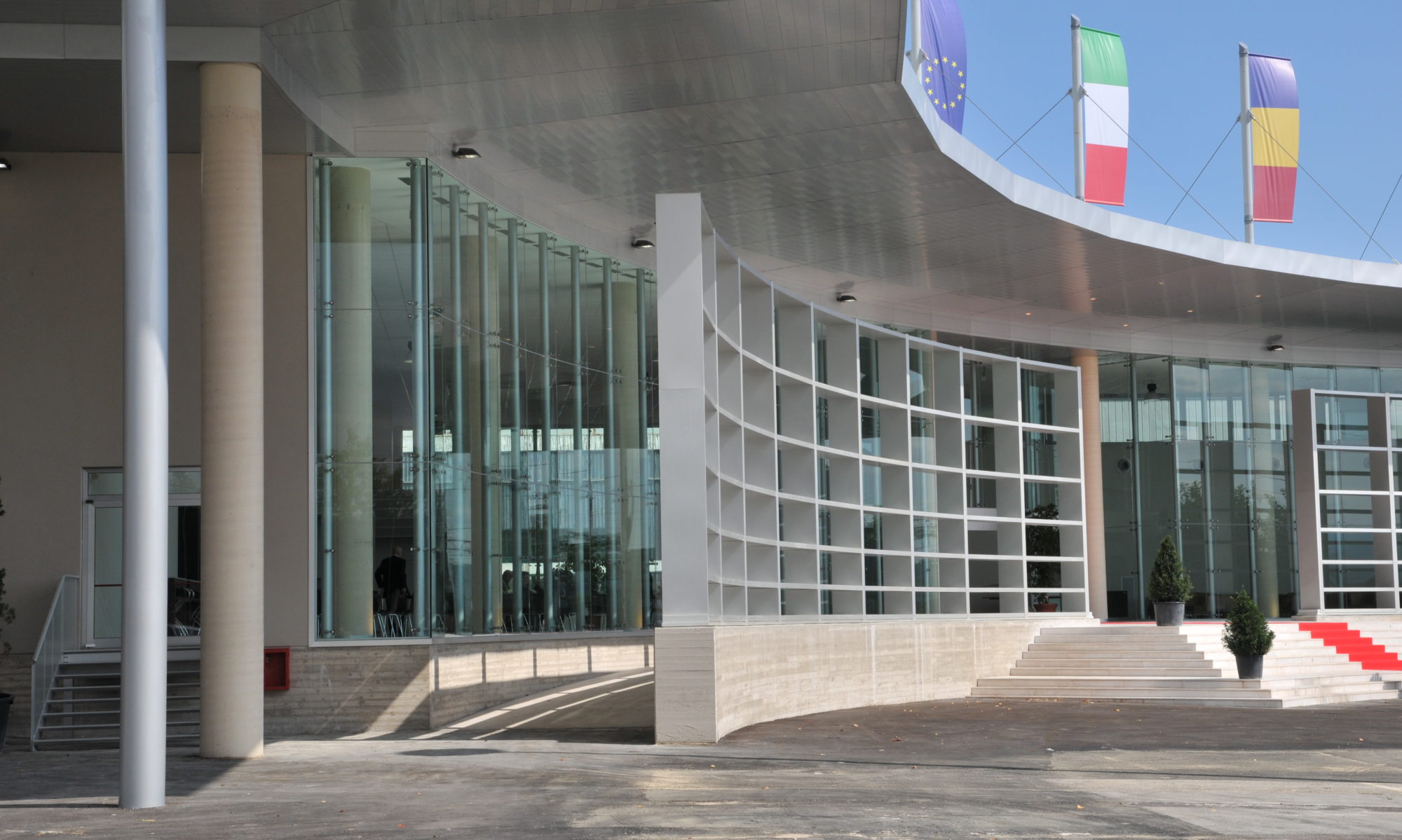ENG_Urban planning as civil education for the development of social and economic processes in harmony with nature and the environment; today more than ever we must take into account that every action corresponds to a reaction not only in relationships between people (my freedom has the freedom of others as its border) and not only in the intertwining of production and economic processes (local and world scale today they interact with each other) but also in the relationship with a third party that we have never taken into account: the environment, nature, the landscape, in one word the Earth, our planet, which with its air and its water offers us Life and welcomes our existence. Planning therefore means predicting and anticipating but above all directing and modifying social and economic behaviors to direct them towards a balance in their having to be in harmony with Nature, so that it can continue to offer us its fruits by continuing to welcome us as its children. spaces through the reuse of old disused and obsolete containers that can be reused for new functions or their demolition to make room for more urban areas to be used as public green areas to restore oxygen to our cities. In summary, a new planning that has as its password “subtraction” to increase the quality (and not the quantity) of the built spaces, to transform degraded areas into green areas, to offer pedestrian and cycle paths that make our home trips- more sustainable and healthy work not only in your free time.
ITA_La pianificazione urbanistica intesa come educazione civile per lo sviluppo dei processi sociali ed economici in armonia con la natura e l’ambiente; oggi più che mai dobbiamo tenere conto che ad ogni azione corrisponde una reazione non solo nei rapporti tra le persone (la mia libertà ha come confine la libertà degli altri) e non solo nell’intreccio dei processi produttivi ed economici (scala locale e scala mondiale oggi interagiscono tra loro) ma anche nel rapporto con un terzo soggetto di cui non abbiamo mai tenuto conto : l’ambiente, la natura, il paesaggio, in una sola parola la Terra, il nostro pianeta, che con la sua aria e la sua acqua ci offre la Vita ed accoglie la nostra esistenza. Pianificare quindi significa prevedere e anticipare ma sopratutto indirizzare e modificare i comportamenti sociali ed economici per indirizzarli verso un equilibrio nel loro dover essere in armonia con la Natura, affinché questa possa continuare ad offrirci i suoi frutti continuando ad accoglierci come suoi figli.Diminuzione dello sfruttamento degli spazi attraverso il riutilizzo dei vecchi contenitori dismessi e obsoleti che possono essere riutilizzati per nuove funzioni o la loro demolizione per fare spazio a maggiori aree urbane da adibire a verde pubblico per ridare ossigeno alle nostre città. In sintesi una nuova pianificazione che abbia come parola d’ordine “sottrazione” per aumentare la qualità (e non la quantità) degli spazi costruiti, per trasformare aree degradate in aree verdi, per offrire percorsi pedonali e ciclabili che rendano i nostri spostamenti casa-lavoro più sostenibili e salutari non solo nel tempo libero.


